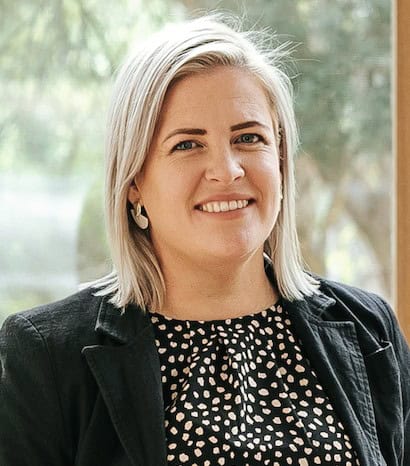𝗪𝗵𝗮𝘁 𝗶𝘀 𝗶𝘁?
Burn-out is a syndrome conceptualised as resulting from chronic workplace stress that has not been successfully managed. It is characterised by three dimensions:
- Feelings of energy depletion or exhaustion
- Increased mental distance from one’s job
- Feelings of negativism or cynicism related to one’s job; and reduced professional efficacy. *
In medicine, we can become quite used to seeing burn out in our patients, friends and family members, but not quite as good at recognising it in ourselves.


𝗦𝗼 𝘄𝗵𝗮𝘁 𝗺𝗶𝗴𝗵𝘁 𝗶𝘁 𝗹𝗼𝗼𝗸 𝗹𝗶𝗸𝗲 𝗶𝗻 𝗺𝗲𝗱𝗶𝗰𝗶𝗻𝗲?
- Dreading going into work or looking ahead in your appointment book and worrying about the patients coming in ahead of time.
- Practicing increasingly defensive medicine- taking longer to write notes, making decisions based on fear of litigation alone or finding yourself overly preoccupied with the fear of litigation.
- Finding it difficult to switch off after work (thinking about patients and work tasks all the time), having your sleep negatively affected or struggling to relax when you do find time away from work.
- Increased likelihood of making clinical mistakes.
We talk a lot about the fact that #doctorsarepeopletoo here. Just like everyone else, we too have times when we struggle in our own lives.
There are resources available to support doctors with their mental health including:
- Doctors Health Advisory Services in every state http://www.dhas.org.au/
- Psychologists and counsellors- you can access on your own or via your GP.
- Balint groups https://balintaustralianewzealand.org/
- DRS4DRS https://www.drs4drs.com.au/
If you feel like any of these factors might apply to you, we urge you to please seek some support- your GP, psychologist/counsellor or coach are all great places to start.
* https://www.who.int/…/28-05-2019-burn-out-an…


